Demi Lovato reveals that her near-fatal drug overdose was much more serious than fans ever knew in a trailer for her upcoming four-part YouTube docuseries, Demi Lovato: Dancing With the Devil, directed by Michael D. Ratner.
“I had three strokes. I had a heart attack. My doctors said that I had five to 10 more minutes [to live].”
“… I’ve had a lot of lives, like my cat. I’m on my ninth life,” Lovato says in the trailer (watch below) for the series.
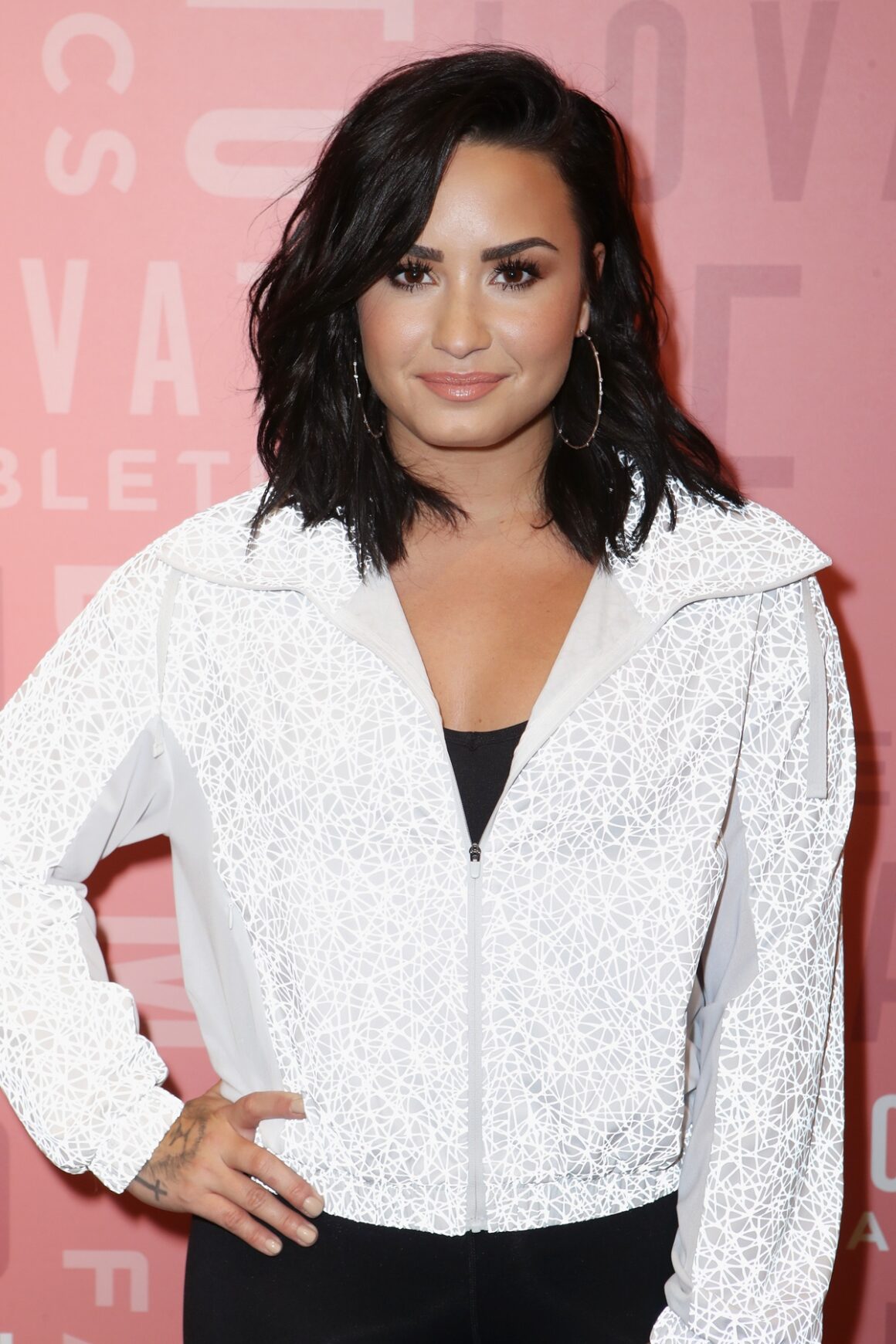
The health crises came after several struggles with sobriety for the now-28-year-old pop star, who was found unconscious in her Hollywood Hills home in the summer of 2018.
Law enforcement told the outlet that she was treated with Narcan, an emergency medication that is often used to revive people in instances of narcotic overdoses.
The multi-hyphenate opened up further about her overdose and its lasting effects during YouTube’s TCA panel on Wednesday and revealed that she was also left with brain damage.
“I was left with brain damage and I still deal with the effects of that today,” Lovato shared. “I don’t drive a car because I have blind spots in my vision.”
Lovato said that she also had a hard time reading because her vision was so blurred. It took about two months, she said, for her to “read out of a book.”
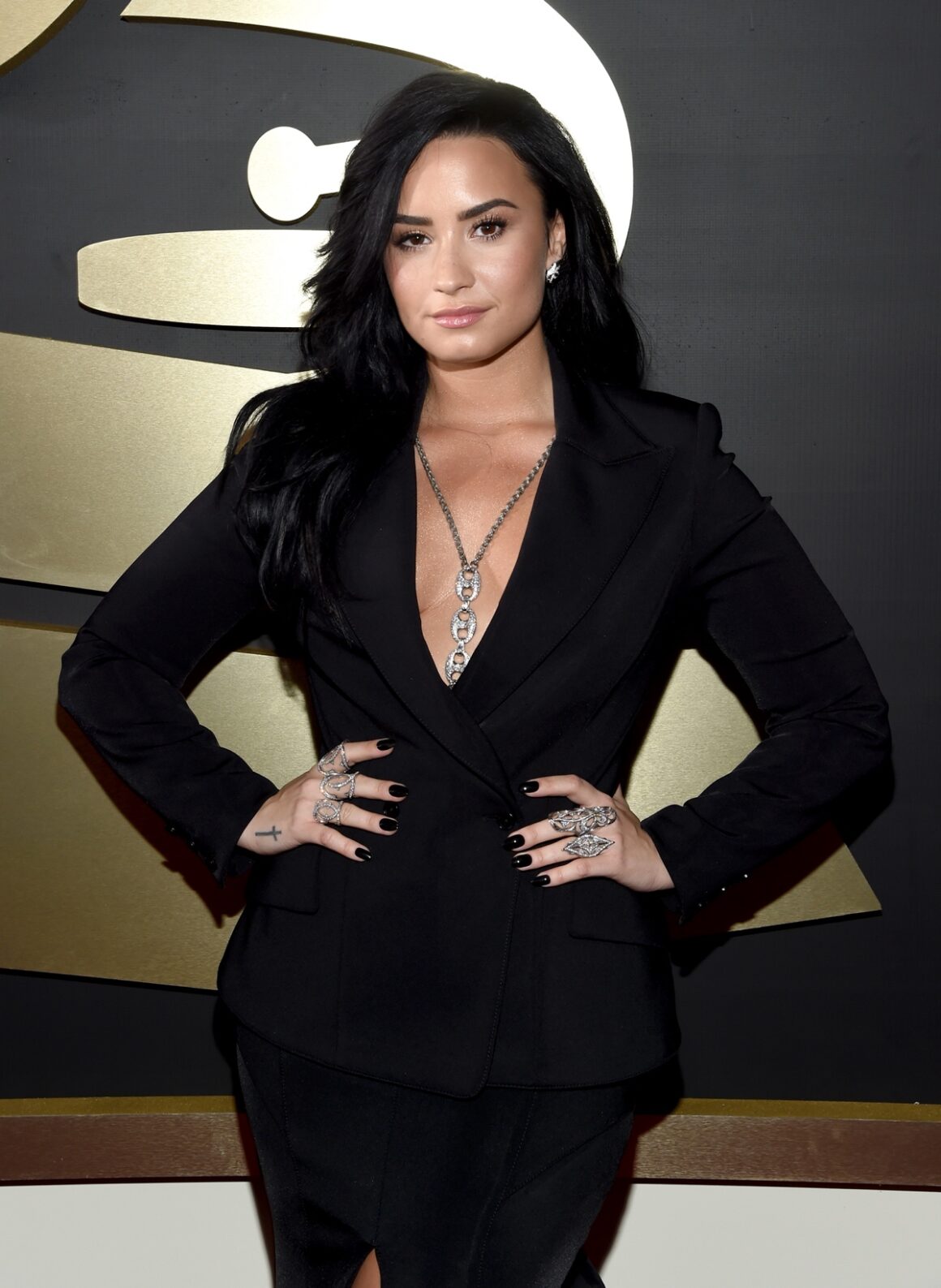
“I dealt with a lot of the repercussions and I feel like they kind of are still there to remind me if I ever get into a dark place again,” Lovato said. “I”m grateful for those reminders, but I’m also … so grateful I was someone that didn’t have to do a lot of rehabbing.”
She said that her rehabilitation came “in the emotional side and the therapeutic side.”
The overdose and Lovato’s life afterward will be chronicled in the docuseries beginning on March 23. The singer says it was an opportunity for her to lay all of her cards on the table and be open for the sake of others.
“Over the past couple of years, I’ve heard a lot of stories about my life and what people think has happened,” shared the star. “I wanted to set the record straight and I wanted to reveal it all for my fans and say, ‘Hey, this is who I am and this is where I’m at today and this is the journey that got me here, and if it helps you, then I hope that it can’ because that was ultimately my purpose in putting this out, was to be able to help people that have been on the same path as I have.”
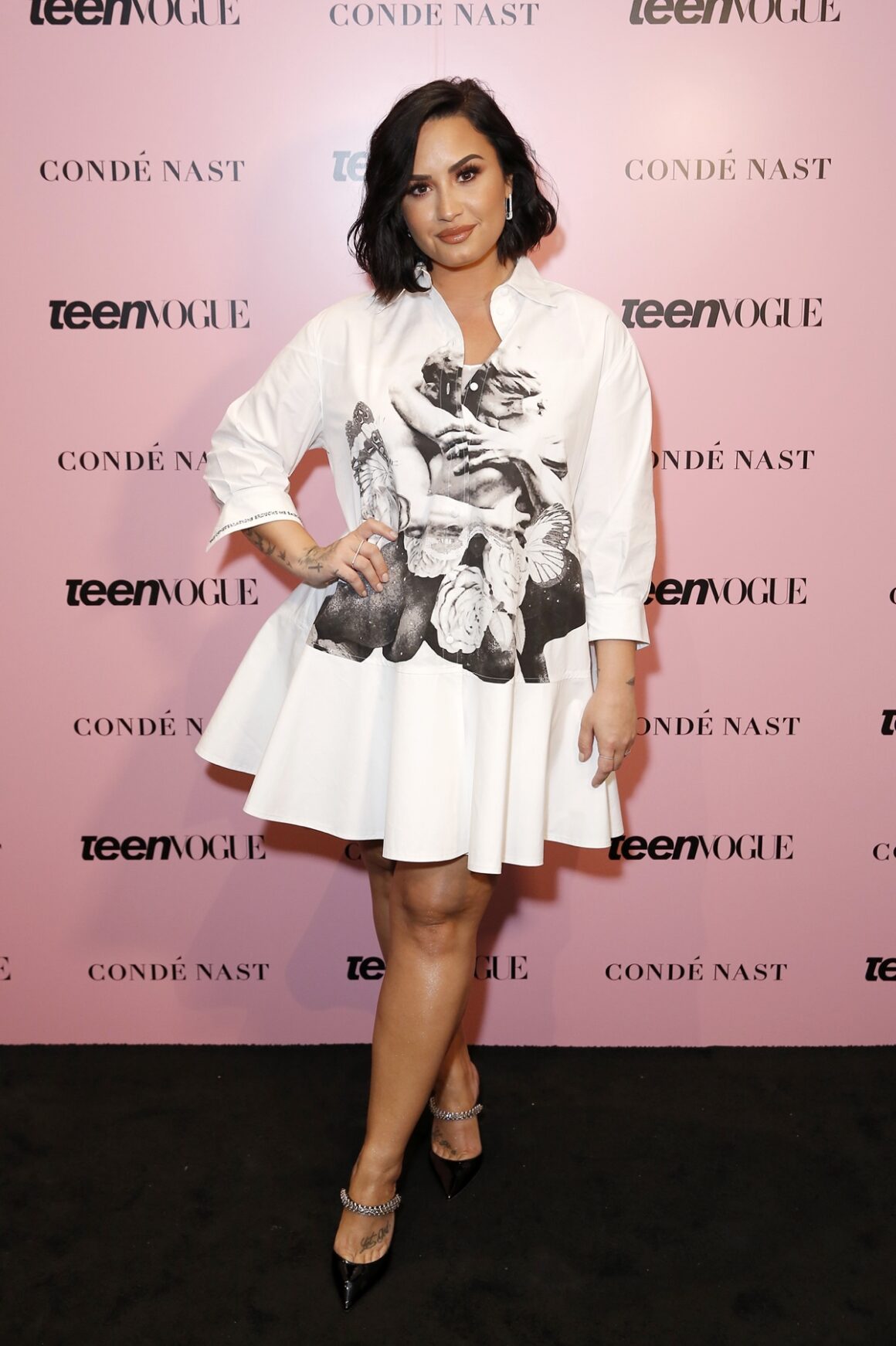
After completing her work on the documentary, Lovato said she learned that “it’s so much more than just mental health” and she said she turned toward religion to help with her recovery.
“At different times, it’s been different things,” Lovato said of what helped her through recovery. “In the beginning, some of it was religion. I grew up Christian and as I’ve grown as a person, I’ve learned different aspects of different spiritual practices that work really well for me.”
While she said spirituality “definitely” helped her on her path “more so than religion,” she also turned to music in her times of need.
What Lovato said inspired her to share her story was a guest-hosting stint on The Ellen DeGeneres Show, calling it the “catalyst for my need and desire to express myself and my story to the fullest extent.”
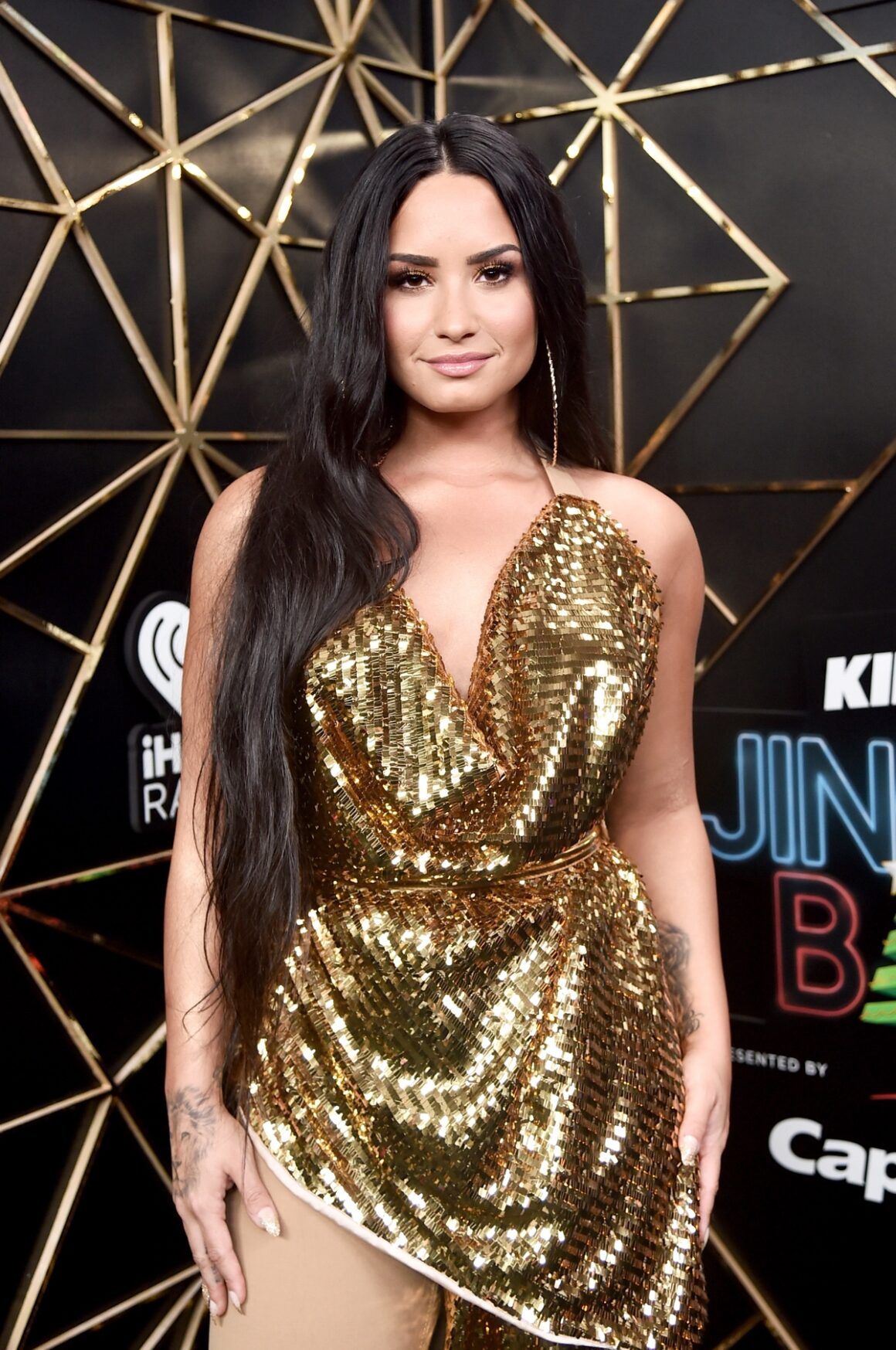
“I knew that one appearance on a television show wasn’t going to cut it,” she said. “I was not going to be able to share my whole story in one interview whether it was with a magazine or whatever it was. That’s why I wanted to turn it into a documentary.”
She added that she no longer feels it’s “a burden” to share her personal life with fans, and she now feels that opening up is an “opportunity to be able to share my experience with others and let them in and see how are they going to view my documentary in ways that are going to help them in their lives.”
Despite all of her difficulties, Lovato said she “wouldn’t change a thing.”
“I wouldn’t change a thing because everything had to happen in order for me to learn the lessons that I learned,” the “Commander in Chief” singer explained. “It was a painful journey and I look back and sometimes I get sad when I think of the pain I had to endure, to overcome what I have. But I don’t regret anything and I’m so proud of the person I am today and I’m so proud that people get to see it in this documentary.”





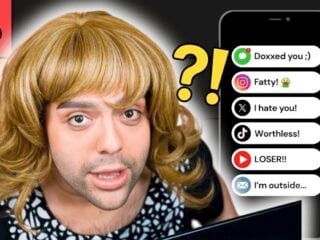


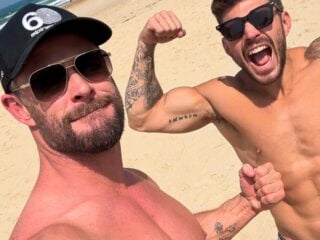
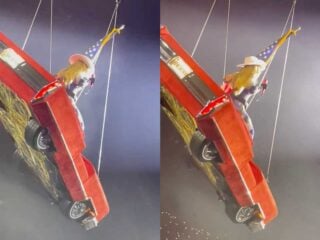



![Apple Watch Series 10 [GPS 42mm case] Smartwatch with Jet Black Aluminium Case with Black Sport Band - S/M. Fitness Tracker, ECG App, Always-On Retina Display, Water Resistant](https://m.media-amazon.com/images/I/31hPF0KUqoL._SL160_.jpg)





